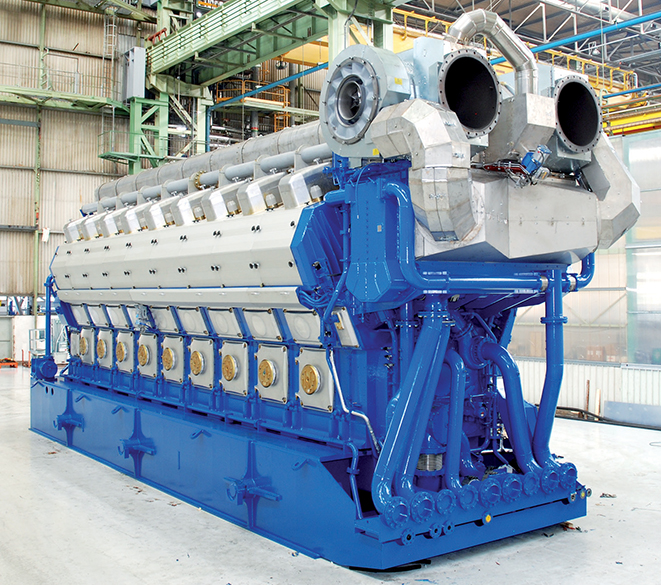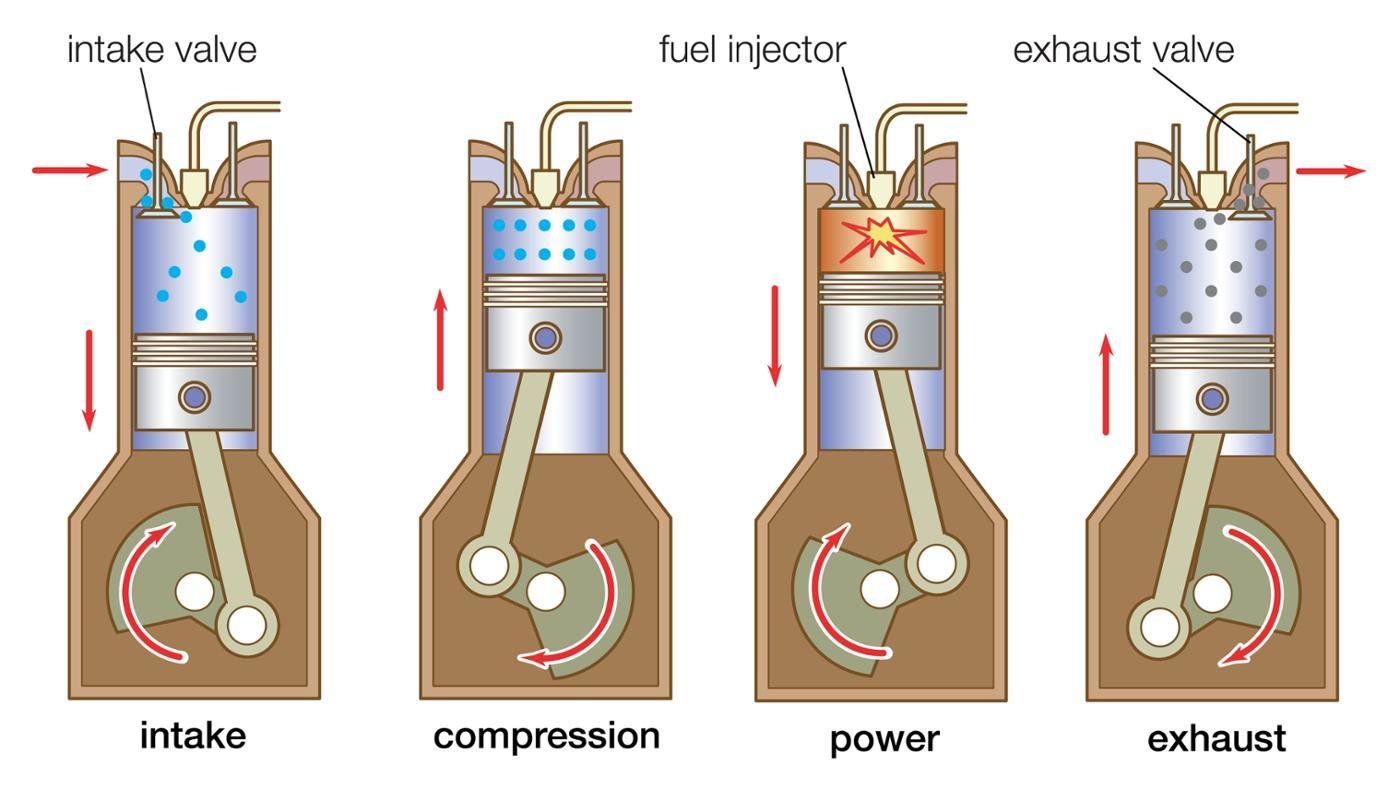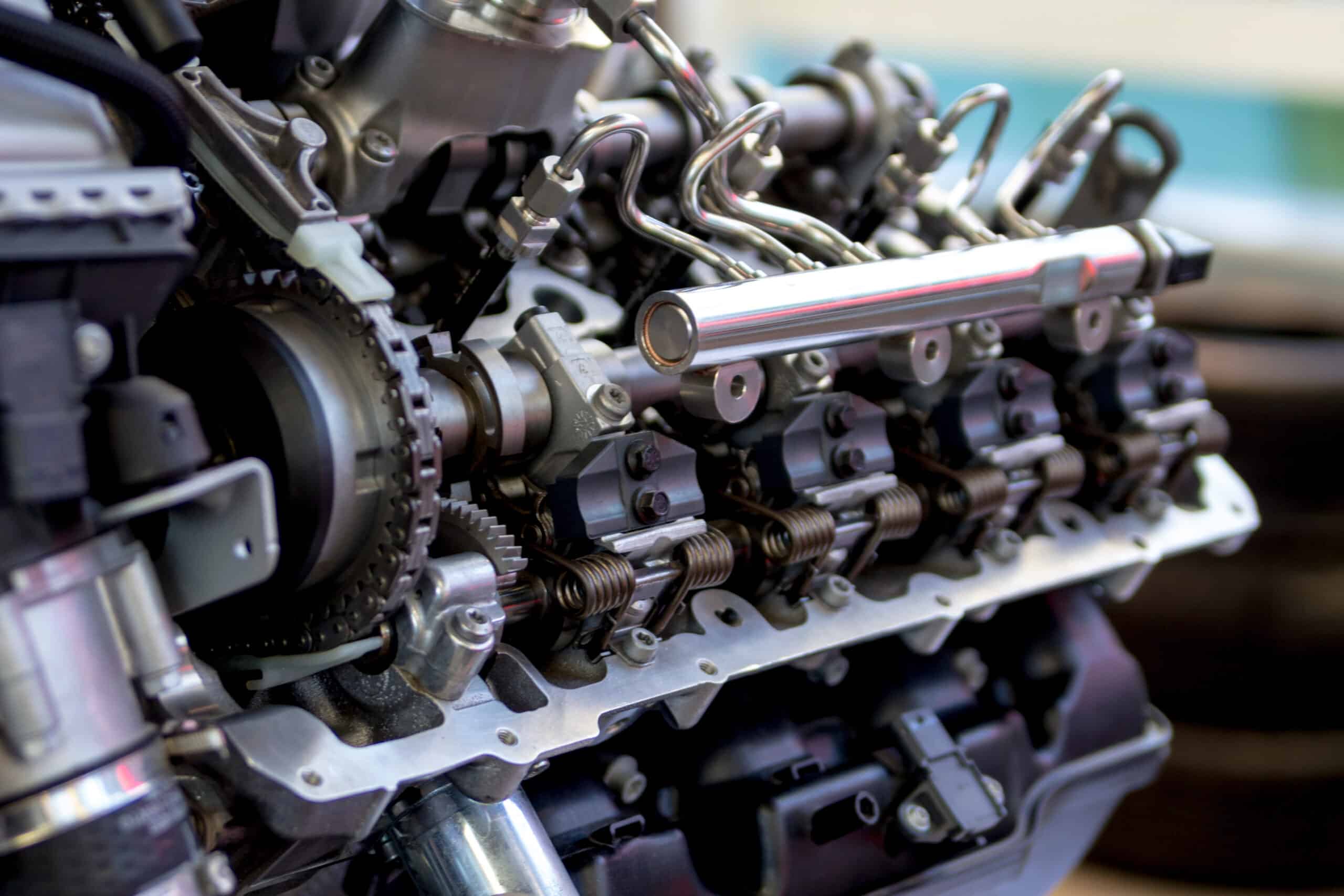Why Organizations Prefer Engines For Africa for Their Fleet
Why Organizations Prefer Engines For Africa for Their Fleet
Blog Article
Discover a Wide Range of Engines for each Automobile and Objective
The automobile landscape is increasingly complex, with a varied variety of engine types made to satisfy specific efficiency and effectiveness requirements across different automobile groups. From the high-performance engines that power sports cars to the fuel-efficient choices tailored for daily commuting, the selections are huge and differed. Furthermore, heavy-duty engines offer the requirements of job lorries, while environment-friendly options are acquiring traction in the search of lasting transportation. Recognizing these differences is critical for making educated decisions, particularly as arising modern technologies proceed to shape the future of auto design. What implications might these developments hold for customers and makers alike?
Kinds Of Automotive Engines
Automotive engines can be categorized right into a number of distinct types, each made to satisfy particular performance and performance demands. The most usual classifications include inner combustion engines, electrical engines, and hybrid systems.

Electric engines, on the other hand, operate on electric power stored in batteries, giving immediate torque and zero emissions. These engines are becoming significantly popular due to developments in battery technology and the expanding emphasis on sustainability.
Hybrid systems incorporate both internal burning and electrical engines, making it possible for vehicles to enhance fuel performance and lower exhausts by flawlessly switching between source of power. Each engine type presents its benefits and drawbacks, influencing variables such as vehicle style, meant usage, and market need. Understanding these differences is important for suppliers and customers alike when choosing the proper engine for their details needs.
Performance Engines for Sports Cars
Efficiency engines for sports automobiles are especially crafted to deliver improved speed, power, and dexterity, establishing them apart from conventional vehicle engines. These engines often use advanced technologies such as turbocharging, turbo charging, and variable shutoff timing to make best use of efficiency and responsiveness.
Generally, performance engines are developed with greater compression ratios, which permit better power removal from fuel. This leads to impressive horsepower and torque numbers, allowing fast acceleration and greater full throttle. Furthermore, the lightweight materials made use of in these engines, such as light weight aluminum and carbon fiber, add to reduced overall car weight, enhancing handling and ability to move.
Engine arrangements like V6, V8, and even hybrid systems prevail in efficiency cars, each offering one-of-a-kind advantages in terms of power distribution and driving characteristics. The adjusting of these engines is likewise important; many makers maximize the engine management systems to provide a thrilling driving experience, typically consisting of sporting activity modes that readjust throttle response and equipment changes.
Efficient Engines for Daily Commuters
In the world of day-to-day commuting, effective engines play a crucial function in maximizing fuel economic climate and decreasing emissions while supplying reliable performance. As city populaces grow and environmental problems heighten, the need for vehicles furnished with reliable powertrains has surged.
Modern engines created for day-to-day travelers frequently include technologies such as turbocharging, direct fuel injection, and crossbreed systems. Turbocharging boosts engine efficiency forcibly even more air right into the burning chamber, permitting smaller, lighter engines that do not compromise power outcome. Straight gas click here now shot boosts gas atomization, leading to much better combustion and boosted performance.
Crossbreed engines, incorporating inner burning with electrical power, more boost fuel economic situation, particularly in stop-and-go traffic, where typical engines can experience from ineffectiveness. Electric electric motors aid throughout velocity and can operate independently at low rates, lowering total gas usage.
Furthermore, innovations in engine monitoring systems and light-weight materials contribute significantly to reliable engine layout. By concentrating on performance, resilience, and environmental sustainability, suppliers proceed to provide engines that not only meet the needs of day-to-day commuting but also straighten with international initiatives to minimize carbon footprints.
Heavy-Duty Engines for Work Cars
Durable engines for job automobiles are consistently crafted to supply extraordinary torque and dependability under requiring problems. These engines are created to execute in settings where standard engines might fail, such as building sites, logging operations, and agricultural settings. The primary emphasis of sturdy engines is their capacity to produce high degrees of power while maintaining resilience over expanded periods of procedure.
Normally, heavy-duty engines make use of innovative materials and durable building and construction methods to hold up against the rigors of heavy work. Functions such as strengthened cylinder blocks, boosted cooling systems, and progressed fuel injection modern technologies contribute to their performance. These this content engines commonly operate at lower RPMs, which assists to optimize fuel effectiveness while providing the needed power for lugging and transporting.
In addition to mechanical toughness, sturdy engines are commonly outfitted with advanced electronic control systems (ECUs) that manage performance, exhausts, and diagnostics. This integration permits far better monitoring and maintenance, ensuring that work lorries remain reliable and operational.
Ultimately, durable engines are an important element in the performance of various markets, giving the needed power and reliability to tackle the hardest of tasks.
Eco-Friendly Engine Options
The growing focus on sustainability has led to the development of green engine options that focus on lowered emissions and improved fuel efficiency. These engines are made to lessen the ecological impact of vehicles while still providing the performance and reliability anticipated by consumers.
Amongst one of the most remarkable eco-friendly options are electrical and hybrid engines. Crossbreed engines incorporate traditional internal burning engines with electric propulsion, enabling lowered fuel usage and lower greenhouse gas emissions. Electric engines, on the various other hand, run entirely on battery power, producing absolutely no tailpipe discharges and contributing to cleaner air quality.
An additional appealing development is the advancement of biofuel engines, which use sustainable sources, such as plant products, to power vehicles (Engines For Africa). By utilizing biofuels, these engines can minimize dependency on fossil gas and lower total carbon footprints

As the automotive market develops, environment-friendly engine options will certainly play a vital role in driving the change towards even more sustainable transportation solutions.
Final Thought
From high-performance engines that enhance sports auto abilities to effective versions prioritizing fuel website link economic climate for day-to-day travelers, each type serves a details function. Durable engines provide to durable work cars, while environment-friendly alternatives, such as electrical and biofuel engines, promote sustainable transportation.

Report this page